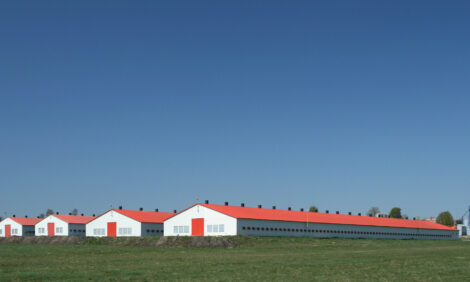



Salmonella for Easter
MISSOURI, US - The Missouri Department of Health is worried that the oncoming Easter season will lead to a sudden rise in Salmonella infections.In previous years, baby chicks and ducklings given as Easter presents have been linked to cases of salmonellosis, according to Dr. Howard Pue, State Public Health Veterinarian with DHSS.
* "While all this sounds serious, and it can be, it’s also very easy to prevent the spread of salmonellosis from these animals" |
|
Dr. Howard Pue, State Public Health Veterinarian with DHSS.
|
Salmonella are microscopic bacteria that can be passed from the feces of animals or people to other animals or people. If the bacteria are ingested, an infection can occur. Symptoms, which usually begin within 12 to 36 hours after exposure, include diarrhea, fever, nausea, abdominal cramps, vomiting and headache.
Illness usually lasts three to seven days and most people recover without treatment. However, children, the elderly, and people who are already sick are the most vulnerable to salmonellosis and are more likely to experience severe illness requiring treatment or even hospitalization, according to Dr. Pue.
“While all this sounds serious, and it can be, it’s also very easy to prevent the spread of salmonellosis from these animals,” said Dr. Pue. “Proper hand washing after handling pets is the key to preventing the spread of Salmonella bacteria from pets to people.
After handling the birds or cleaning up after them, hands should be thoroughly washed with soap and warm water. The animals should be kept away from food preparation areas and children’s play areas. Also, animal feed and water bowls should not be cleaned or filled in food preparation areas or where small children are bathed.”
Further Reading
| - | Find out more information on Salmonella by clicking here. |








